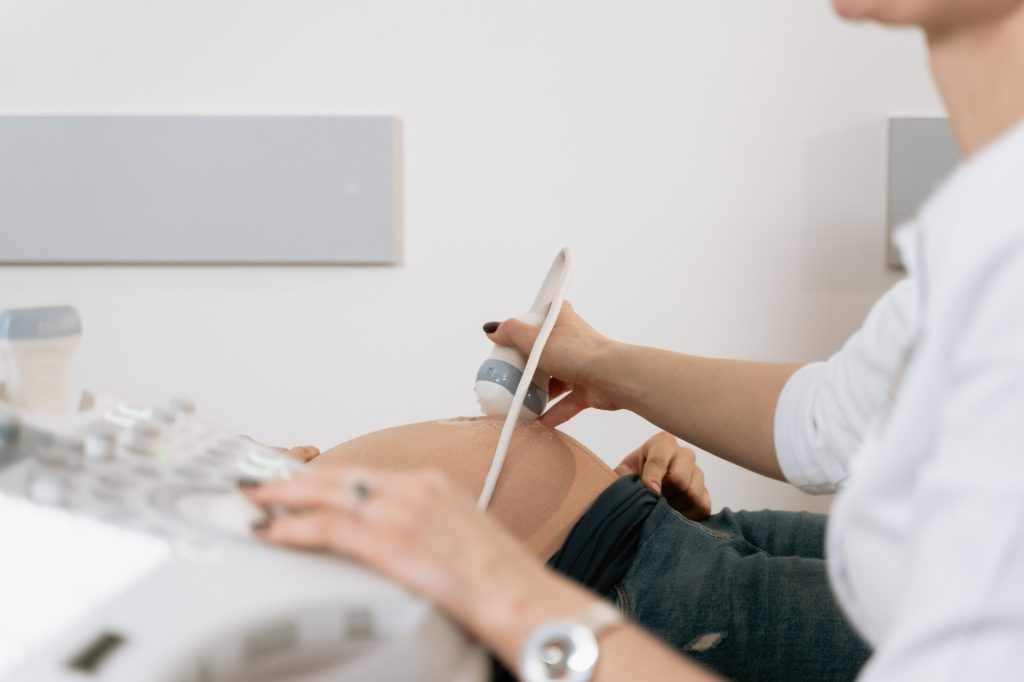
Some individuals with anti-Ro/SSA antibodies (anti–Sjögren’s-syndrome–related antigen A autoantibodies, also called anti-Ro antibodies) have autoimmune diseases such as lupus or Sjögren’s syndrome, but many have no symptoms. A clinical trial published in Arthritis & Rheumatology found that high levels of these antibodies in pregnant women are associated with foetal atrioventricular block (AVB), which occurs when inflammation and subsequent scarring prevent electric signals from the heart’s atria from reaching the ventricles. The disease is associated with life-long pacing and can be fatal.
In the trial, called Surveillance To Prevent AV Block Likely to Occur Quickly (STOP BLOQ), the incidence of AVB increased with higher levels of anti-Ro/SSA antibodies, reaching 7.7% for those in the top quartile, which increased to 27.3% in those with a previous child who had AVB, although participant numbers in that category were small. Antibody titres did not change over time. The trial also revealed that home-based foetal heart rate monitoring reliably detected conduction abnormalities, which may reduce the need for serial echocardiograms.
“Examining the levels of anti-Ro/SSA antibodies is an important advance since for women with low titres, monitoring is probably not necessary and for those with high titres the increased risk supports surveillance,” said corresponding author Jill Buyon, MD, of NYU Langone Health. She added that this study also indicated that titres of antibodies do not change and that additional factors besides antibodies contribute to risk.
“That home monitoring can rapidly and accurately identify early foetal conduction disease is a major step forward that may significantly decrease the need for echocardiograms and hopefully facilitate reversibility,” added senior author and research professor Bettina Cuneo MD, of the University of Arizona-Tucson College of Medicine.
Source: Wiley

